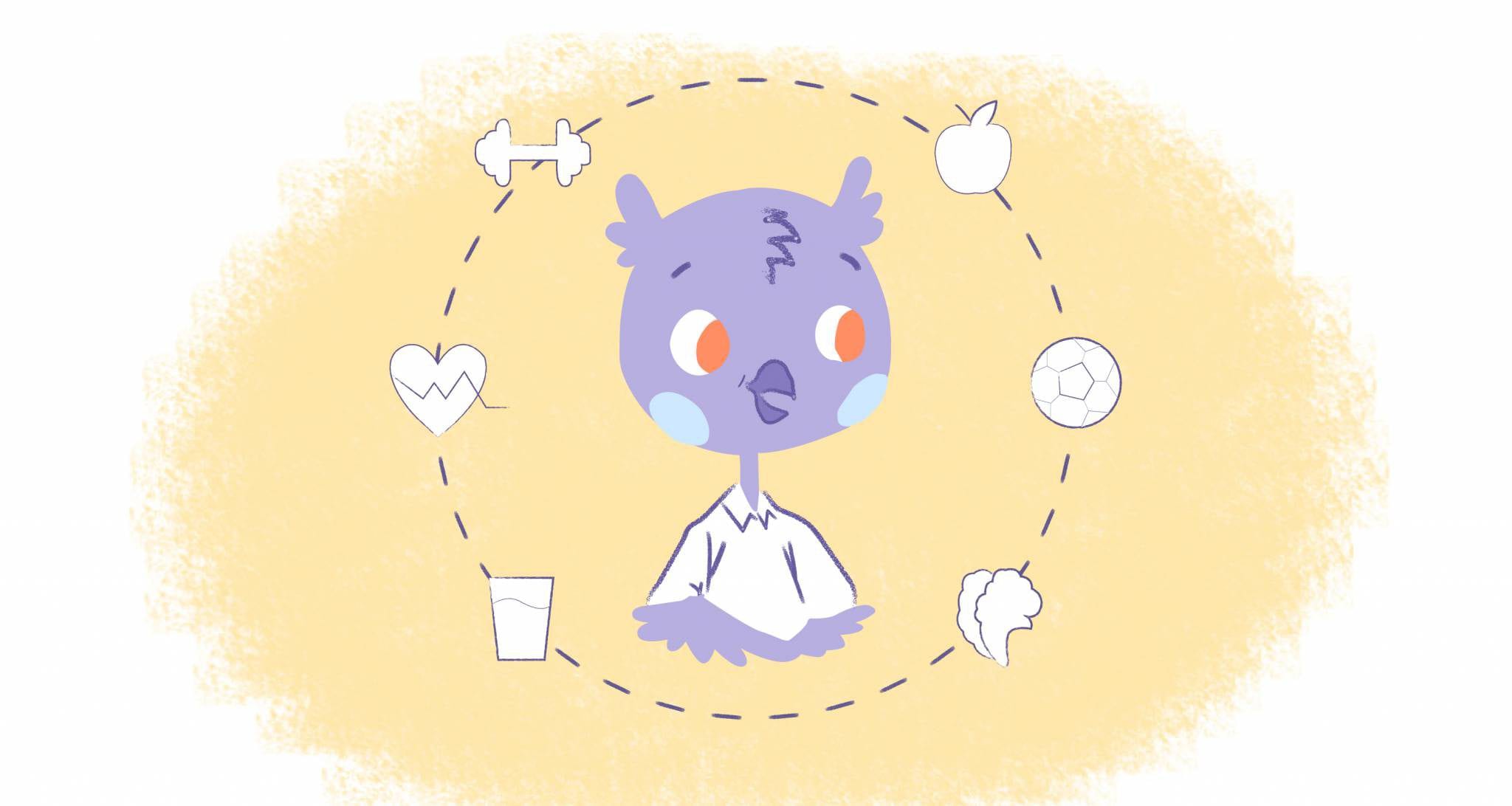

Many founders love to compete on who gets the fewest hours of sleep, who works the longest and who takes the most infrequent vacations. This toxic attitude about time is not only unhealthy but unproductive. Here are some ideas about how to break your bad time management habits.
Americans are especially bad about working long hours. If you are in the U.S. or anywhere else in the world working too many hours, you need to break your bad time management habits.
The International Labor Organization found that Americans average 137 more work hours per year than Japanese workers and 260 more than British workers. That’s nearly one extra working month per year compared to Japan, a country that has a word for “death due to overwork.”
In a nation of over-workers, founders seem to work more than just about everyone.
It’s easy to see why. Popular media idolizes founder martyrdom, and people like Gary Vaynerchuk tell would-be entrepreneurs that they have to work 18 hours a day to succeed.
Fortunately, there’s more to success than working long hours. The most successful founders are not the ones who force themselves to work late into the night, but the ones who do more in eight hours than most people do in those elusive 18 hours.
Use these tips to get more from the workday and let other people handle the late shift:
1. Schedule it, do it and forget it.
No one can multitask, even people who pride themselves on their ability to do so. Research from the American Psychological Foundation found that multitasking carries a host of hidden costs. According to the researchers, the best way to multitask — is not to do it at all.
Avoid the temptation to multitask by scheduling time to handle batches of small tasks throughout the day. For example, set one time during the morning and one time during the afternoon to answer emails, then ignore the inbox outside those windows. Schedule a couple of short breaks to avoid burnout and maintain focus.
Practice decisiveness by setting deadlines on when to make final choices.
That might mean deciding on a new vendor by the end of the week. Decide on which flight to take by the end of the next 10 minutes. Get into the habit of acting on available information to cut down on unnecessary balking. If the decision isn’t correct — you can pivot just as quickly.
2. Fight the urgency effect.
Founders who answer every email, phone call, and meeting summons barely have time to sleep, let alone work on their companies. Determine quickly whether a task requires the attention of the founder and delegate any work that someone else could handle just as well.
A phenomenon called the urgency effect, covered in the New York Times, describes why people perform minor tasks they don’t need to do, even when larger projects await. Human brains enjoy the satisfaction of completing tasks, so they direct people to complete everything in front of them regardless of how those tasks affect the big picture.
Fight the urgency effect by following a straightforward rule: if someone else can do it, someone else should do it.
Founders face plenty of work that only they can accomplish (such as high-level sales and investor relationships). Don’t waste precious time on administrative work or in meetings that someone else could attend.
3. Keep a notebook.
Jack Dorsey, founder of Twitter, could use any productivity tool in the world. He could even hire a team of developers to build one just for him. Instead, he uses the most straightforward tool possible — the note-taking app on his iPhone.
Dorsey understands what every innovative person does: thoughts are fleeting. A potential solution to a longstanding problem might seem obvious in one moment, but when it comes time to tackle the issue again, the brilliant idea may not seem so clear.
With a bit of practice, efficient entrepreneurs can make impressive progress in just a few hours.
Keep a notebook throughout the day to jot down ideas, short to-do lists, and anything else that merits a written reminder. Get into the habit of externalizing thoughts. Entrepreneurs have plenty on their minds, and they can’t keep track of everything without a few things slipping out. Less time spent reconstructing old ideas means more time to execute and move on to the next something.
Why work late into the evening when a few productivity adjustments during the day work just as well? Drop out of the additional content on hours logged and start doing more with the rest of the workday.











Angela Ruth
My name is Angela Ruth. I aim to help you learn how Calendar can help you manage your time, boost your productivity, and spend your days working on things that matter, both personally and professionally. Here's to improving all your calendars and becoming the person you are destined to become!